
Diana Weber
Lawyer of international law
Rating:
27
December
How to Get Citizenship of Poland
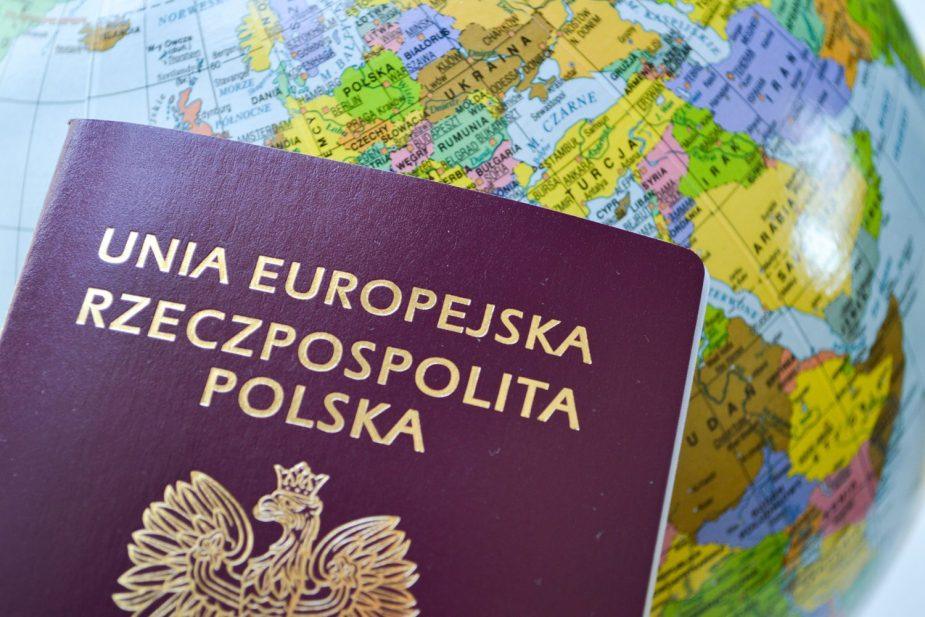
Polish citizenship is a status that gives you access to national rights and privileges on the territory of the country, it is granted on the grounds listed in the local law “Ustawa o obywatelstwie polskim” from 02.04.2009. After obtaining a Polish passport you additionally become a citizen of the European Union, which provides freedom of movement around the world, official employment, simplified business and preferential education within the borders of the EU.
The passport of the Republic of Poland is your identity card as a citizen, which ranks 4th in the world power ranking. Its issuance is regulated by the national law “Ustawa o dokumentach paszportowych” of January 27, 2007. With this document you can travel without a visa to popular destinations in Europe, North America and Asia, as well as reside in any of the EU states on a permanent basis with access to general civil rights and opportunities.
In some EU countries, such as Romania, Bulgaria and Slovenia, you can obtain a passport under simplified programs. It gives you the same rights as a Polish document, including visa-free travel to more than 160 countries and the ability to immigrate anywhere in the EU. Sign up for a free legal consultation for more information.
In 2026 polish law provides for several ways of obtaining citizenship, such as by birth and descent, by granting and restoring status. However, for most adult foreigners there are two options - naturalization (regular or accelerated) and repatriation. In the first case it is necessary to reside in the country for a long time with residence permit and permanent residence permit (usually from 7-8 years in total), to have a stable source of income and a registered place of residence. In the second case, you need to prove your origin, learn the national language and apply for a Pole card.
Article 31 of the law “Ustawa o obywatelstwie polskim” provides for the denial of citizenship to those who pose a threat to the defense, security of the state or public order. Applications are also denied if they fail to meet at least one of the conditions, such as submitting the wrong set of documents or concealing important information about oneself. Cooperation with Immigrantinlaw lawyers, who perform most of the migration tasks themselves for a successful result, helps to prevent this from happening.
Submit an application form and we'll get back to you!
Naturalization is the standard way for most foreigners to obtain Polish citizenship. To do this, you have to:
For naturalization, you must first find a legal basis that will give you the right to move to Poland and subsequently apply for residency and citizenship. Below we tell you in detail about the most popular ones.
Poland grants the right of residence to those who come here on a work contract of more than 3 months. Your salary must not be lower than the national minimum wage in your chosen profession. For immigration, you apply for a single residence and work permit. With it you can apply for permanent residence after 4 years of permanent residence in the country, and after another 36 months - to apply for citizenship. It is important all this time to maintain a stable and legal source of income, pay taxes and social contributions.
Those who open a company in Poland or buy shares in an existing company have a chance to naturalize. Your activity must be economically beneficial to the country. For example, you create at least two full-time jobs for citizens of the country. Another option - you prove with documents (business plan) that you will be able to earn at least 12 times the average monthly salary before taxes in the national economy of the chosen voivodeship. It takes at least 8 years from the moment you move to the moment you apply for citizenship.
You can move to Poland to study at a university, academy or other institution on a full-time basis. A student residence permit does not entitle you to naturalization or even permanent residence. In order to obtain citizenship, you will need to subsequently formalize residency on another basis. For example, after graduation, you register a company or get a job in your profession and then apply for a residence permit. Only 50% of the time you spend in the country as a student counts towards the period of residence for subsequent naturalization.
Polish spouses are entitled to accelerated naturalization. You can apply for a permanent residence permit 2 years after moving to Poland, provided you have been legally married to a citizen for at least 36 months. You can obtain a passport after another 24 months if you have learned the national language and are able to support yourself. In total, naturalization through marriage takes from 4 years, depending on how long you have been married.
There are also other ways of obtaining Polish citizenship. For example, a passport in an accelerated procedure is issued for refugees, in the usual way - through reunification with relatives. However, in general, the migration policy of the republic is not aimed at attracting foreigners, and allows naturalization only to those who are in the country for economic reasons or because of ethnic/family ties with the locals.
The Republic supports ethnic Poles who want to return to their homeland in every possible way. In particular, they can move and immediately obtain a local residence permit, and after 12 months they can apply for citizenship.
To start the procedure, you apply for a Pole card - a document that is issued by origin. You need to prove that your family up to and including your great-grandparents were or are citizens of the country, even if they lost their legal status against their will (e.g., as a result of deportation). You also demonstrate integration into society, including knowledge of the national language and culture.
With a Pole card, you apply for a national visa free of charge, and when you arrive in the country, you apply for permanent residence at the Center for Foreigners. You can apply for citizenship after one year if your Polish language level is B1 or higher. There are no requirements for financial security and availability of housing in the country for repatriates.
In other EU countries, repatriates are granted citizenship immediately, without having to move and reside in the country beforehand. You can analyze your chances of participating in one of the simplified EU passport programs with the help of Immigrantinlaw international law specialists.
Submit an application form and we'll get back to you!
The Republic of Poland ranks 37th out of 167 countries studied in The Legatum Prosperity Index. The strengths of the republic include low levels of corruption and crime, loyal conditions for entrepreneurs, developed health care and education systems. The GDP level is regularly growing here and the cost of living is rising, which has a good effect on the incomes of the residents. The country also has a well-developed infrastructure, including established transportation links with all of Europe, and a high index of purchasing power of the population.
Foreigners need a special permit to work in Poland. The country has enough vacancies in various sectors, including due to the regular outflow of residents, who respond to better-paid positions in Western European countries. The minimum wage in the country is 4,300 PLN in 2024, i.e., about 990 EUR before taxes. The average income of the population, according to statistics, is at the level of 1875 EUR. Specialists with narrow qualifications - doctors, lawyers, managers, engineers, company managers - earn the most.
Poland is a mono-ethnic state in which more than 95% of the population speaks the national language. Polish is one of the 24 official languages of the European Union. To naturalize in the republic, you need to learn the national language at least at an average conversational level (B1 according to CERF classification). You should start learning it even before moving to Poland: although locals mostly speak English as an international language, they are not very willing to switch to it in communication.
Starting in 2025, Poland introduced significant changes to its citizenship procedures: fees were increased, case processing times were regulated, and a bill has been proposed to tighten residency requirements.
From August 2025, acquiring Polish citizenship will become more expensive and formalised: fees have increased, a mandatory six-month processing deadline has been introduced, and a draft law is underway to raise the general residency requirement to 10 years. Those wishing to apply are advised to do so before the new rules enter into force.
Get more information about the peculiarities of immigration to the EU at a free consultation
To ensure a secure move to Poland, it is worth enlisting the support of Immigrantinlaw international law specialists. Specialized lawyers help with finding the best immigration program based on your request. Specialist support at every stage ensures maximum calmness, minimal involvement in the immigration process and confidence in a successful outcome. You can sign up for a free legal consultation today to move and obtain second citizenship in Europe as soon as possible.
Obtaining Latvian Residence Permit for Foreigners
18 January
A Latvian residence permit is applied for by those who plan to reside in Latvia for more than 3 consecutive...
How to Get Сitizenship of Romania
6 January
Romanian Citizenship is a status that confirms the relationship of an individual with this state, and is regulated by the norms...
How to Get Сitizenship of Hungary
5 September
Hungarian citizenship is a link between a person and the country, enshrined in law, which is expressed in the mutual...
Obtaining Hungarian Residence Permit for Foreigners
27 September
A residence permit in Hungary is a document with which one can temporarily stay in the country on a legal...
How to Obtain Maltese Citizenship and Passport in 2026: A Complete Guide
14 March
Many people are interested in the conditions of citizenship registration in Malta - a warm, safe and inexpensive country located...
Immigration to Italy for Permanent Residence
15 November
Permanent residence status in Italy is granted to those who have lived in the country for five years or more...
Discover
new opportunities
with a European Union passport!
Submit the application form and we will call you back!
Leave a request
Contacts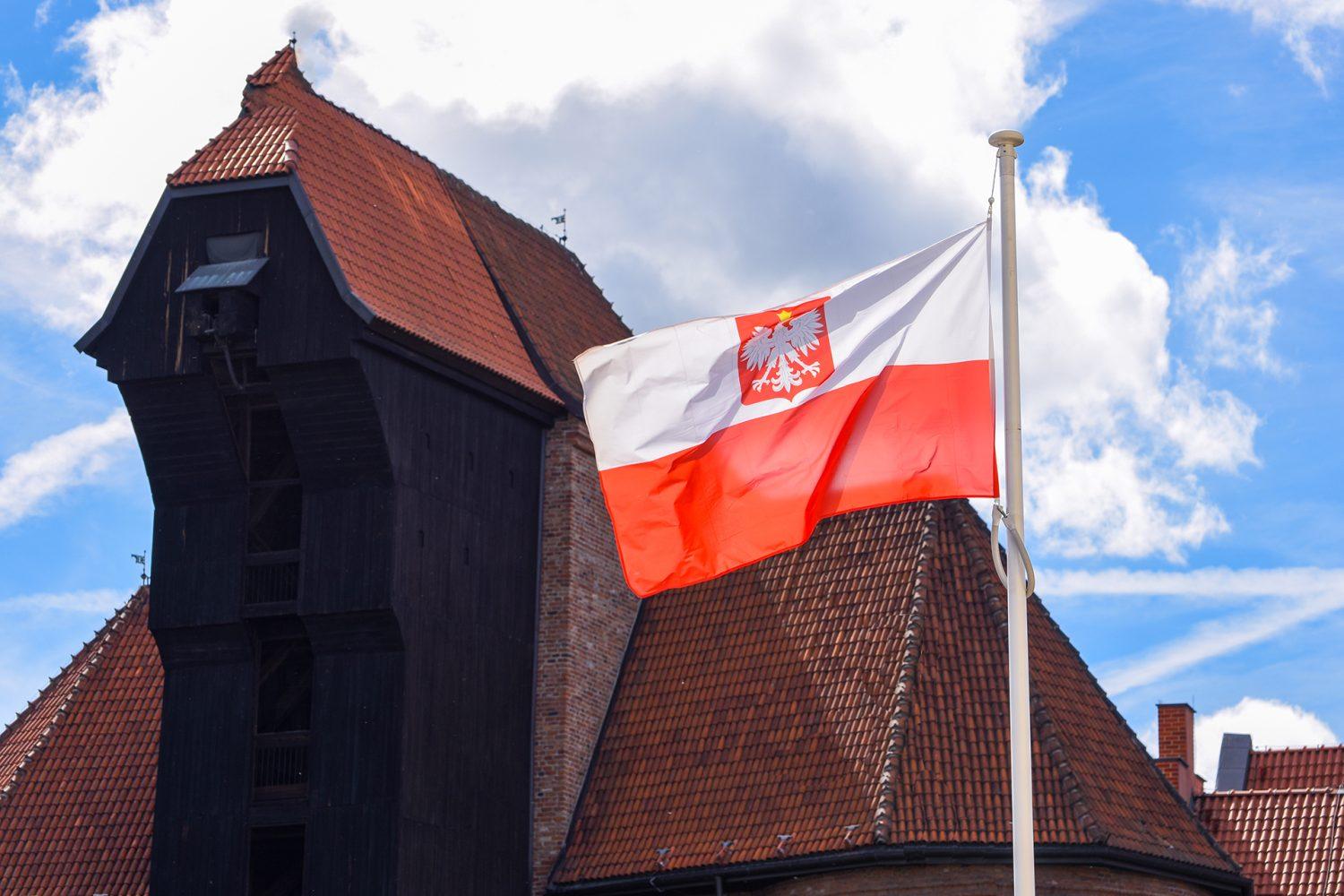


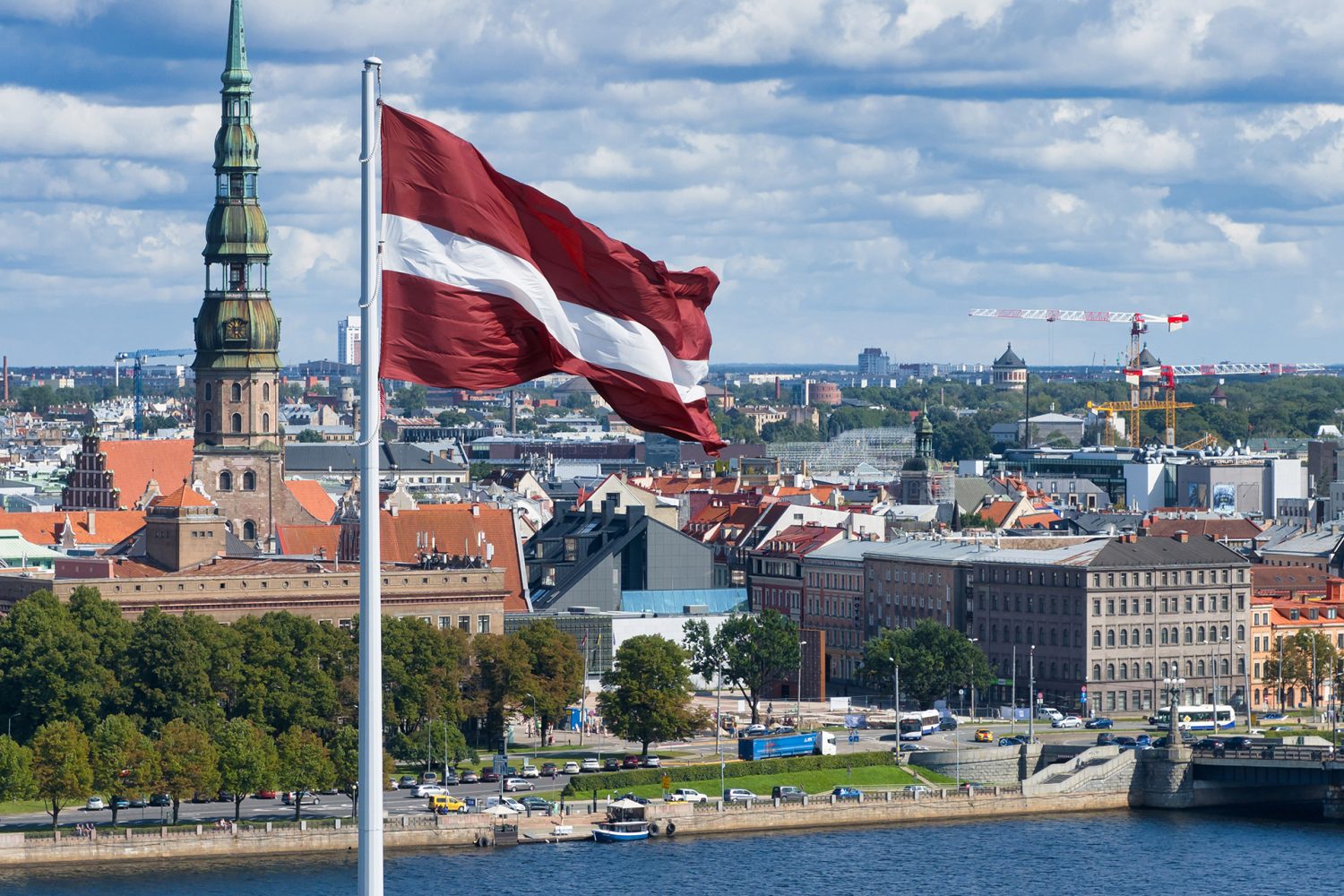

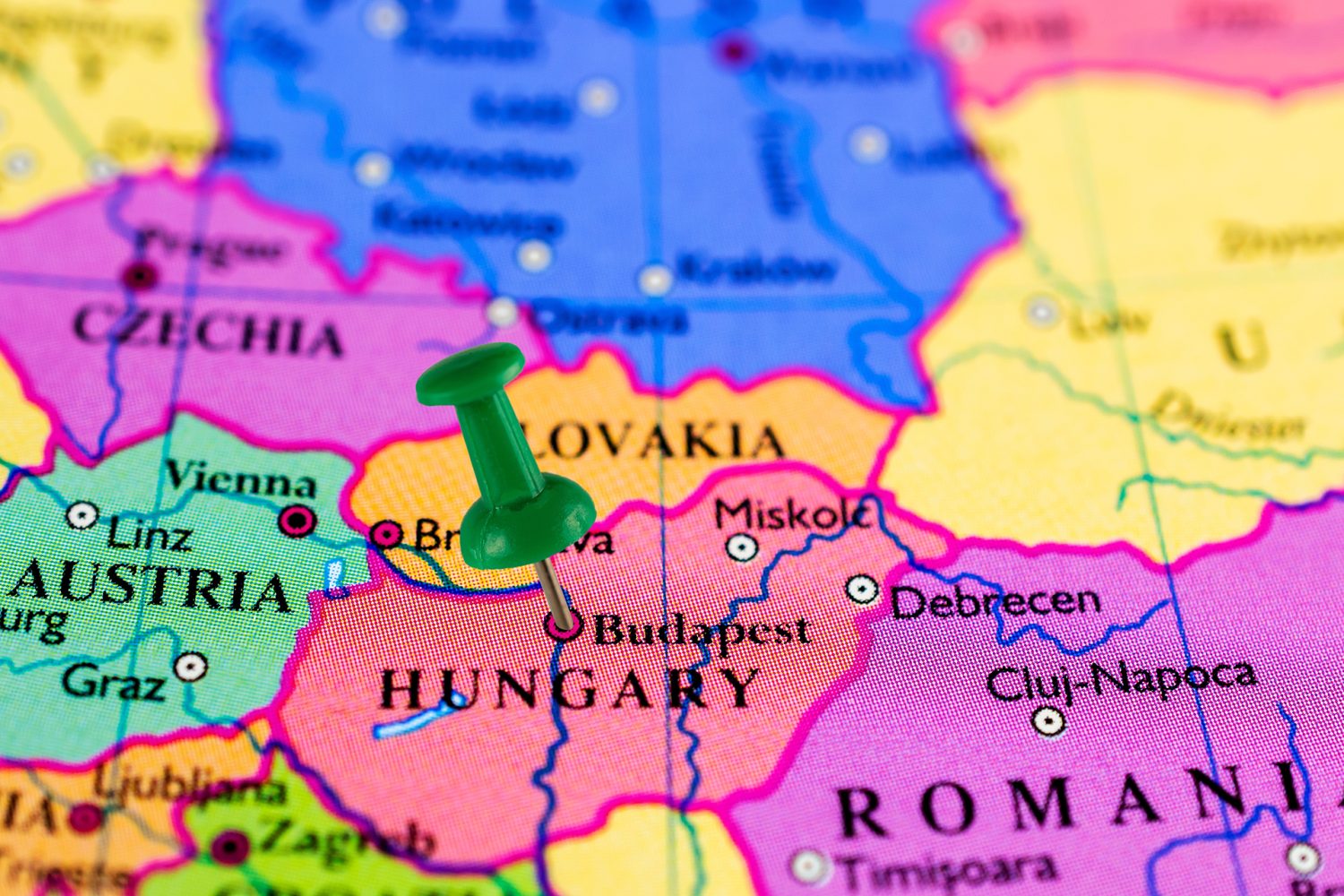

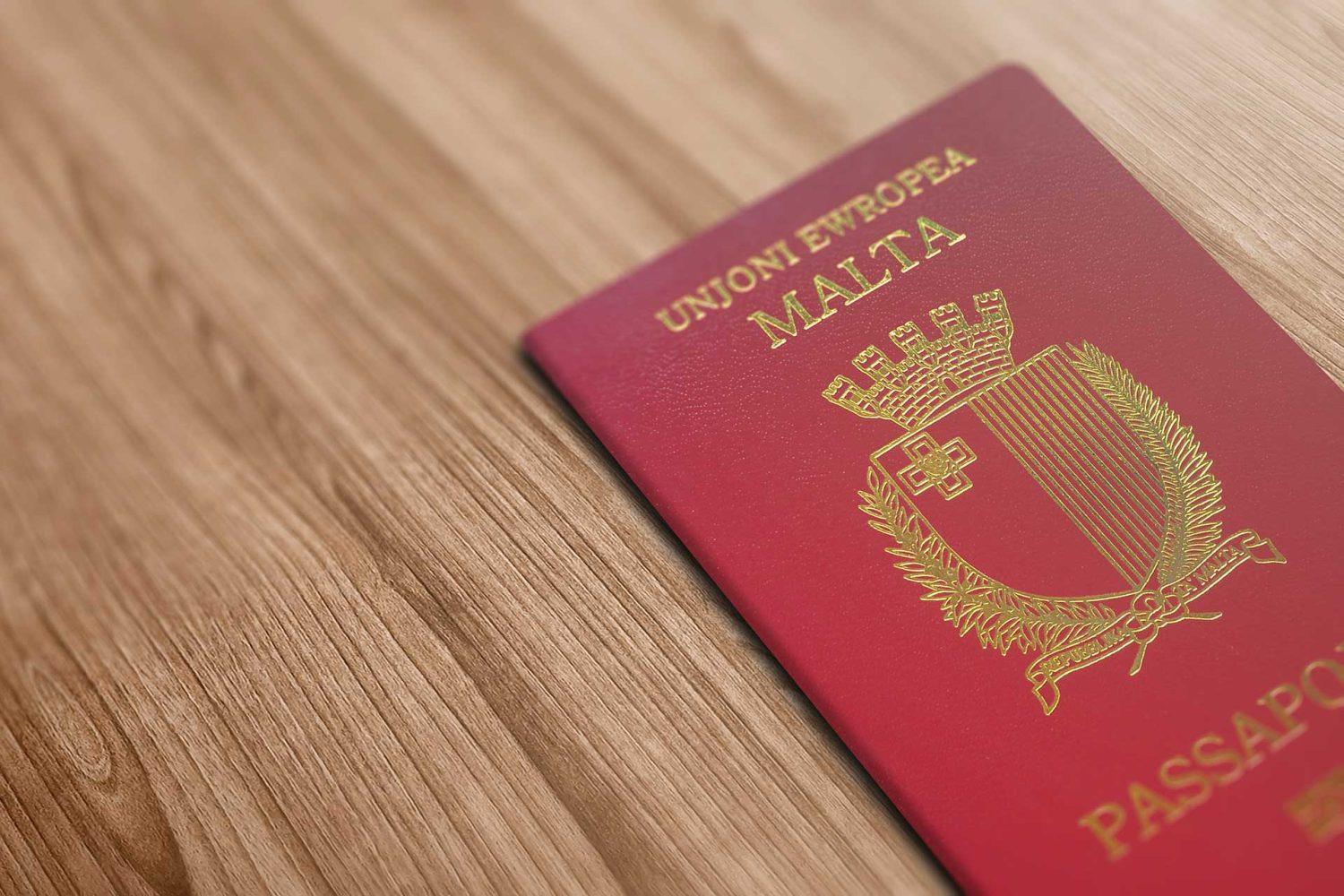


Jessica Monroe
I was born in Chicago but my great-grandfather was Polish. The consulate told me he ‘lost citizenship’ when he naturalized in the US. Is there any way around that?
Diana Weber
This is one of the trickiest parts of citizenship by descent (obywatelstwo przez pochodzenie). If your ancestor voluntarily naturalized abroad before 1951, they often lost Polish citizenship under the laws of the time. However, there are exceptions, especially if the ancestor served in the Polish army, retained ties, or the loss wasn’t clearly documented. A genealogist or Polish citizenship lawyer can dig into the pre-war archives, which often make or break the case.
Mateusz Kowalczyk
I got Polish permanent residence through my wife, but the urzędnik in Kraków said I still have to wait 3 years before applying for citizenship. Isn’t it 2 years for spouses?
Diana Weber
It depends. The 2-year rule (for spouses of Polish citizens) applies only if you’ve been married and living in Poland continuously on the basis of that marriage for at least 3 years. Many get confused between permanent residence and time of actual cohabitation or residency on the “right basis.” Always double-check if your permit explicitly states “based on marriage.”
Tomasz Wozniak
Is it true that if your Polish ancestors were Jewish and left before the war, you have a better chance of reclaiming citizenship?
Diana Weber
It’s a complicated subject. Poland doesn’t officially discriminate by religion in citizenship laws — but in practice, many Jewish families retained Polish citizenship longer, especially those who emigrated under duress (e.g., in the 1930s–1940s). There’s also growing case law recognizing forced emigration due to antisemitism or occupation as not constituting voluntary loss. It all depends on the documents — ship manifests, military records, even synagogue archives.